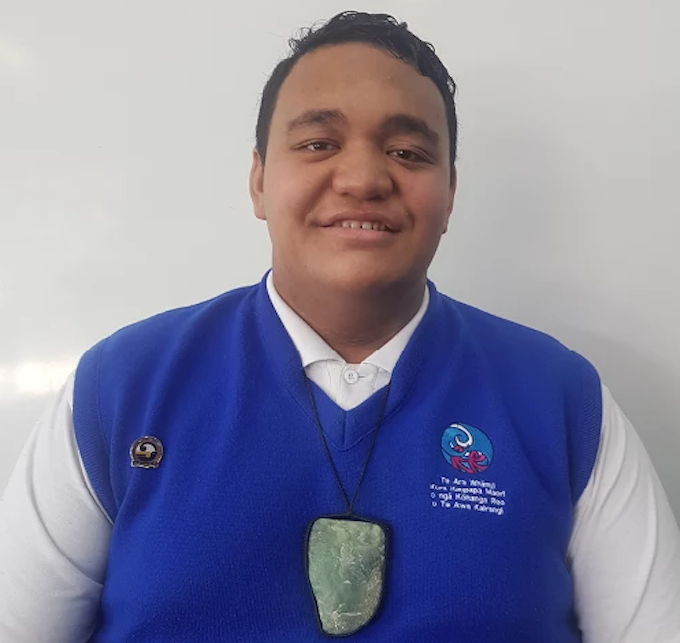Op-Ed: Te Reo Māori and Aotearoa history should be taught in all New Zealand schools

Tōku Reo, tōku ohooho — My language, my awakening
Tōku Reo, tōku Māpihi Maurea — My language, my cherished possession
Tōku Reo, tōku Whakakai Mārihi — My language, my precious adornment
The few words my ancestors used, the most well-known words which are said today. Those exact words remain in my life forever, which makes me the person I am today. In the heart of Te Urewera forest, I am surrounded by my elders, speaking an ancient language passed down from generation to generation; the history of what our people have seen and heard has impacted on what our land has felt. These experiences make it natural for me to speak my language, recite my genealogical ties to the land and acknowledge those who have come before us.
As I leave Te Urewera, into an urbanised culture, a culture which does not acknowledge the nation who once occupied the land we now know as New Zealand, this brings me to the question I constantly ask myself: ‘should Te Reo Māori and Aotearoa history be taught in all schools?’
August 1, 1987 was the day Te Reo Māori was recognised as an official language of New Zealand. From that day to the present day, Māori strive to uphold customs, traditions, history and the language of our people. There has been a tremendous decline in Māori speaking pupils throughout New Zealand due to colonisation.
Te Reo Māori has close ties to languages from all Polynesian Islands. When Captain Cook first sailed to Aotearoa, he brought along a man named Tupaia from Tahiti who was able to understand and communicate with Māori people. This was the first time Māori had been identified as Māori.
An uncle of mine,
Hohepa Tamehana once said;
“Culture is the essence of our being, it is the voice of our ancestors, the cries of our grandfathers, the anger of our fathers and the strength of our children.”
Which I understand the meaning to be: in ancient times, our culture was not something that was taught, it was something that was embedded from generation to generation. When colonisation began our elders would cry and become remorseful due to the deterioration of our cultural practices and our language within the education system. Through times of remorse, anger would arise and be the foundational drive for the revival of our cultural identity for generations to come.
On the arrival of early settlers, Māori taught their own language to enable them to communicate and trade with each other. At the signing of Te Tiriti o Waitangi and the Treaty of Waitangi, the English Government did not allow Māori to speak their own language which forced the decline of Te Reo Māori speakers.
However, Māori were able to retain their language for the future. As far as I can remember, I have been immersed in Te Reo Māori, Māori history, Aotearoa history, Māori rituals, and protocols. Kura Kaupapa Māori has enabled me to connect with these values and knowledge. Kura Kaupapa Māori has allowed me to experience new things, and to achieve my goals and learn life skills. Through Māoritanga and my culture, I have been able to succeed in my educational pathway. There are many avenues Māoridom can take you through, from having knowledge of Te Reo Māori to understanding the natural history of Aotearoa.
Since the establishment of initiatives to integrate Te Reo Māori in New Zealand, secondary schools such as Wellington Girls’ College, Christchurch Boys’ High, and Shirley Boys’ High, Te Reo Māori has been a thriving language within classrooms. However, within the wider community, Te Reo lacks the encouragement of media, with only a minority of media promoting Te Reo Māori. There is a majority that discourages the use of Te Reo Māori.
Māori culture has received enough discrimination. People who discriminate Māori have not had a sense of belonging and cultural identity within themselves, which is unfortunate due to the fact that Te Reo Māori and Māori culture has prestige and essential power. I believe Te Reo Māori should be embedded in all Aotearoa Citizens as well as the natural history of Aotearoa because it will definitely enhance the partnership between both parties and also ensure we adhere to the Te Tiriti o Waitangi.






